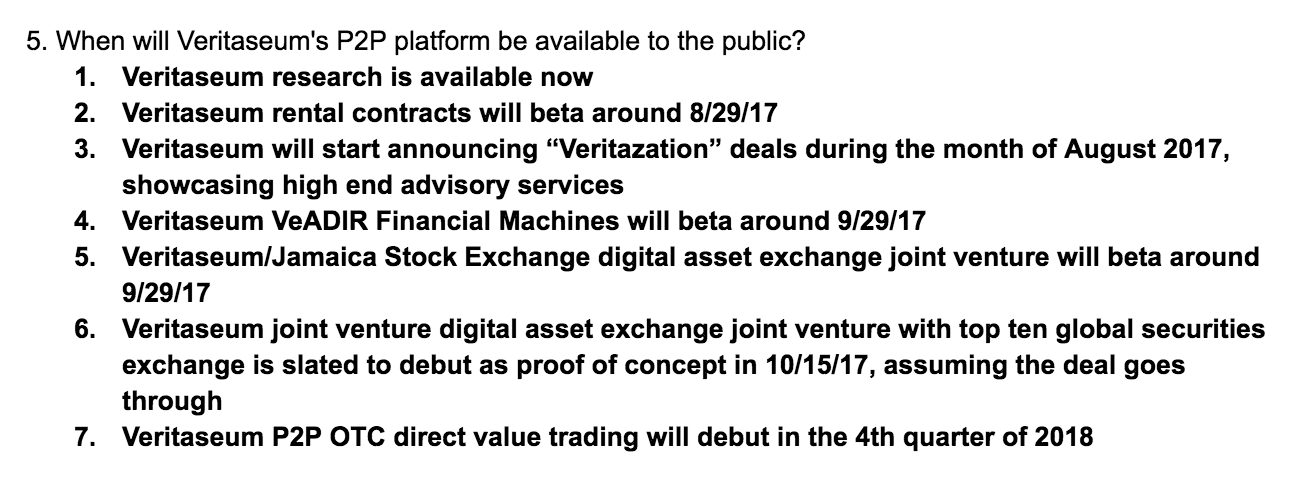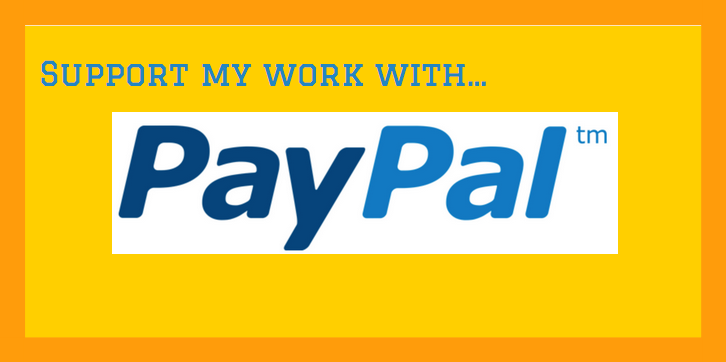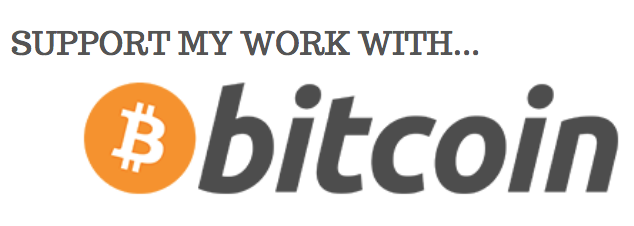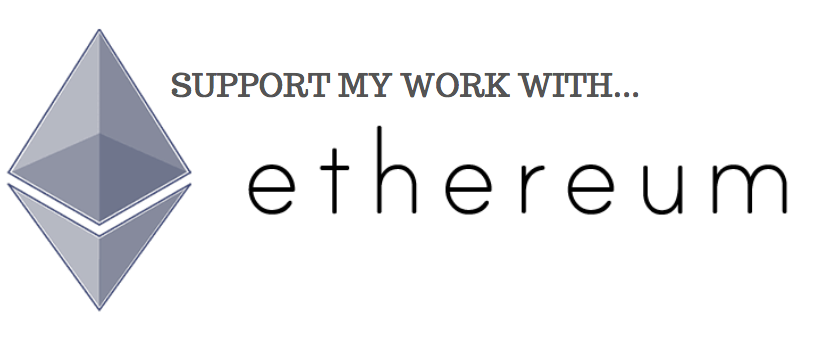For many reasons, the US healthcare system is antiquated, broken, and in many ways purely predatory. Meanwhile, current legislation to change it oscillates between mudslinging and standstills.
RT host and finance & technology innovators Max Keiser and Reggie Middleton have historically been a modern-day dynamic duo changing the consciousness, each within their respective spheres of influence. Once again, they are both making headlines with their solutions and innovations aimed at revolutionizing value transactions and reducing institutional inefficiency.
Recently, Max Keiser and his wife/co-host Stacey Herbert entered into the popular “summer solutions” series on their show The Keiser Report. The focus of these episodes is on how to change, fix, and innovate away the multitude of issues inherent within the collusion of regulatory agencies, big government, financial institutions, and monopolistic corporate entities.
Keiser’s recent conversation with Karl Denninger of Market-Ticker.org delved into the ever-worsening crisis in not-so-affordable American healthcare. During the interview Denninger reported:
“Healthcare as a percentage of our economy has gone from three to four percent of GDP in the 1950s and 1960s to almost 20 percent today. It’s expanding on the federal budget balance sheet between Medicare and Medicaid nine percent a year and has been for the last 30 years. It’s expanding in the private sector by, most years, by double digits…You can do the math on this anyway you want, it’s going to destroy the country if we don’t stop it.”
Does this growth in expenditure have justification? According to Denninger, the problem is inefficiency and excess:
“If you look at the growth in employment in the BLS tables and the employment numbers, last month about $800 million worth of administrators, that do not provide one minute of care to anybody, were permanently added to the healthcare system that we all pay for in the United States.”
The number of $800 million Denninger quotes is per month. Each month adds roughly another $800 million effectively compounding the administration excess over time.
Are there more doctors being added to tackle the healthcare shortage? Denninger states this sobering fact:
“The number of doctors has not gone up all that much over the last 20 years. The number of administrators has gone up several multiples of that. Those people provide zero in the way of actual care to real people but they all extract a salary.”
The general and administrative expenses (G&A) listed on balance sheets of healtcare companies, used to measure [in]efficiency, show healthcare companies are running at approximately 20 percent. This means that these companies spend roughly 20 percent of their income/revenue on inefficient administrative red tape. In contrast, a company such as Amazon spends roughly 2 percent on G&A. The simple fact is that the US healthcare system operates as a monopoly and does not have the pressures or the need to compete in the open market with a more efficient entity that would undercut it.
As a heteronomous entity, the US healthcare system is cumulatively aimed at the end users, the patients, who bear the full weight of such a centralized authority’s rule. What if there was a way to eliminate the administrative excess in the healthcare system? What if there were cost-effective, efficient, autonomous smart contracts, rooted in trust, that removed the need for armies of healthcare bureaucrats? Longtime finance and technology entrepreneur Reggie Middleton and his team have recently launched Veritaseum. Veritaseum is an innovative technology/software built upon the Ethereum blockchain that eliminates the need for a middleman in any scenario within peer-to-peer economies. One of Middleton and his team’s first targets is the historically corrupt and underregulated financial industry. When asked if the big picture for Veritaseum is to replace regular exchanges like the Nasdaq stock exchange or even Wall Street down the line, Middleton stated:
“I don’t want to think that small actually. I want to replace the value transactions or change the way value is transacted. Veritas and Veritaseum is not a financial entity, we are a value exchange software entity. I picked the financial industry because I feel that’s low hanging fruit.”
Middleton continued:
“The investment banks pay about 55 to 60 percent of their gross revenue to compensation…that’s ridiculous. There are other industries that pay 10 to 15 to 20 percent.”
Veritaseum uses what’s referred to as a decentralized autonomous organization to eliminate the current need for an accepted, ‘trusted’ third party'. With the help of Veritaseum and other upcoming blockchain-based technologies, there will come the time when patients contract directly with the doctor(s) of their choice enjoying full trust and no limiting bureaucratic oversight. Can new technologies creatively eliminate current inefficiencies, bloated prices, and the lack of true healing that has fatally infected American healthcare?
“We plan to Veritize each transaction of value” -Reggie Middleton
*7/30 UPDATE FROM VERITASEUM
RT host and finance & technology innovators Max Keiser and Reggie Middleton have historically been a modern-day dynamic duo changing the consciousness, each within their respective spheres of influence. Once again, they are both making headlines with their solutions and innovations aimed at revolutionizing value transactions and reducing institutional inefficiency.
Recently, Max Keiser and his wife/co-host Stacey Herbert entered into the popular “summer solutions” series on their show The Keiser Report. The focus of these episodes is on how to change, fix, and innovate away the multitude of issues inherent within the collusion of regulatory agencies, big government, financial institutions, and monopolistic corporate entities.
Keiser’s recent conversation with Karl Denninger of Market-Ticker.org delved into the ever-worsening crisis in not-so-affordable American healthcare. During the interview Denninger reported:
“Healthcare as a percentage of our economy has gone from three to four percent of GDP in the 1950s and 1960s to almost 20 percent today. It’s expanding on the federal budget balance sheet between Medicare and Medicaid nine percent a year and has been for the last 30 years. It’s expanding in the private sector by, most years, by double digits…You can do the math on this anyway you want, it’s going to destroy the country if we don’t stop it.”
Does this growth in expenditure have justification? According to Denninger, the problem is inefficiency and excess:
“If you look at the growth in employment in the BLS tables and the employment numbers, last month about $800 million worth of administrators, that do not provide one minute of care to anybody, were permanently added to the healthcare system that we all pay for in the United States.”
The number of $800 million Denninger quotes is per month. Each month adds roughly another $800 million effectively compounding the administration excess over time.
Are there more doctors being added to tackle the healthcare shortage? Denninger states this sobering fact:
“The number of doctors has not gone up all that much over the last 20 years. The number of administrators has gone up several multiples of that. Those people provide zero in the way of actual care to real people but they all extract a salary.”
The general and administrative expenses (G&A) listed on balance sheets of healtcare companies, used to measure [in]efficiency, show healthcare companies are running at approximately 20 percent. This means that these companies spend roughly 20 percent of their income/revenue on inefficient administrative red tape. In contrast, a company such as Amazon spends roughly 2 percent on G&A. The simple fact is that the US healthcare system operates as a monopoly and does not have the pressures or the need to compete in the open market with a more efficient entity that would undercut it.
As a heteronomous entity, the US healthcare system is cumulatively aimed at the end users, the patients, who bear the full weight of such a centralized authority’s rule. What if there was a way to eliminate the administrative excess in the healthcare system? What if there were cost-effective, efficient, autonomous smart contracts, rooted in trust, that removed the need for armies of healthcare bureaucrats? Longtime finance and technology entrepreneur Reggie Middleton and his team have recently launched Veritaseum. Veritaseum is an innovative technology/software built upon the Ethereum blockchain that eliminates the need for a middleman in any scenario within peer-to-peer economies. One of Middleton and his team’s first targets is the historically corrupt and underregulated financial industry. When asked if the big picture for Veritaseum is to replace regular exchanges like the Nasdaq stock exchange or even Wall Street down the line, Middleton stated:
“I don’t want to think that small actually. I want to replace the value transactions or change the way value is transacted. Veritas and Veritaseum is not a financial entity, we are a value exchange software entity. I picked the financial industry because I feel that’s low hanging fruit.”
Middleton continued:
“The investment banks pay about 55 to 60 percent of their gross revenue to compensation…that’s ridiculous. There are other industries that pay 10 to 15 to 20 percent.”
Veritaseum uses what’s referred to as a decentralized autonomous organization to eliminate the current need for an accepted, ‘trusted’ third party'. With the help of Veritaseum and other upcoming blockchain-based technologies, there will come the time when patients contract directly with the doctor(s) of their choice enjoying full trust and no limiting bureaucratic oversight. Can new technologies creatively eliminate current inefficiencies, bloated prices, and the lack of true healing that has fatally infected American healthcare?
“We plan to Veritize each transaction of value” -Reggie Middleton
*7/30 UPDATE FROM VERITASEUM










 RSS Feed
RSS Feed